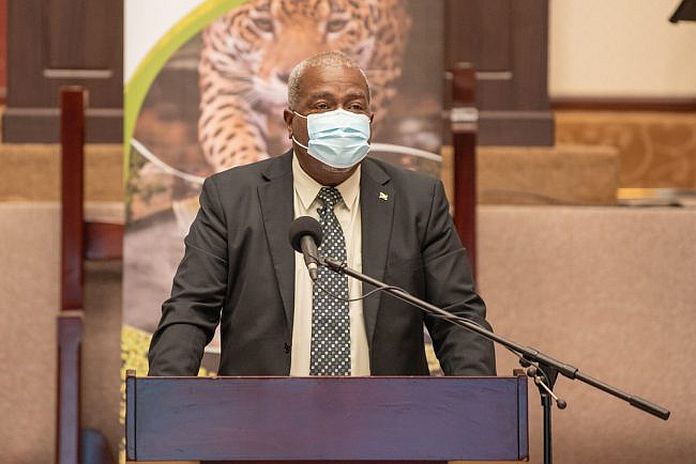By Caribbean News Global contributor
GEORGETOWN, Guyana – The government of Guyana has reiterated its commitment to attract investments and create jobs, developing the tourism industry. “Over the next five years, the tourism industry will see massive transformation and unprecedented levels of investment,” said prime minister Brigadier (ret’d) Mark Phillips.
The prime minister was addressing the launch of the fourth video of the “Guyana Yours to Discover” series, titled “Colours of the Rainforest” produced by Captain Michael Charles.
“Our aim is to have a world-class tourism product, capable of creating thousands of jobs, attracting billions in investment and earning just as much for Guyana as we presently do from some of our traditional exports,” he added. “The COVID-19 pandemic has not dampened investor interest in Guyana’s tourism. A number of investors are lined-up and ready to inject massive investments in hotel construction. We are also courting other investors with the aim of increasing the stock of hotel rooms by an additional 2,000 units. We anticipate more than US$1 billion investments in the hotel construction sector within the next three years. This will allow us to boost conference and convention tourism and, in the process, create about 4,000 additional jobs.”
He continued: “Even as we shelter the industry from the effects of the pandemic, we are preparing for the imminent revival. We have begun to provide support to aid the sector. In last year’s Emergency Budget, for example, we announced the removal of the value-added tax on hinterland travel and the provision of special tax incentives for new hotels and tourism-related businesses.”
Looking forward, prime minister Phillips told his audience that it is of little value to be bragging about Kaieteur Falls if we cannot make it part of a sustainable tourism product. It is of no use speaking about our treacherous rapids and unique biodiversity if these resources cannot be sustainably developed in a manner which allows for them to be preserved while becoming part of the country’s eco-tourism product.
“We have begun to provide support to aid the sector. In last year’s emergency budget, for example, we announced the removal of the value-added tax on hinterland travel and the provision of special tax incentives for new hotels and tourism-related businesses,” he said.





